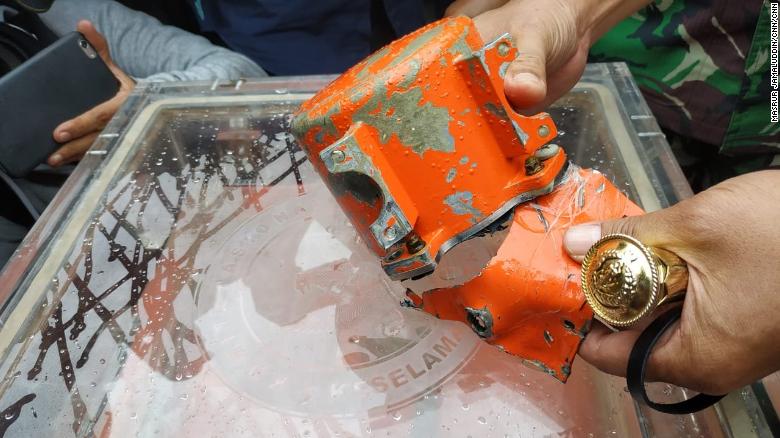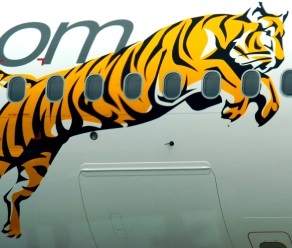NTSB says MAX certification underestimated pilot experience
27 September, 2019
3 min read
By joining our newsletter, you agree to our Privacy Policy


The US National Transportation Safety Board has issued seven recommendations after finding the assumptions used by Boeing to certify the Boeing 737 MAX underestimated the real-world experiences of pilots involved in the crashes.
The crashes of Lion Air Flight 610 and Ethiopian Airlines Flight 302 killed 346 people and resulted in the Boeing 737 MAX fleet being grounded worldwide.
The pilots in both cases did not follow or diverged from expected procedures after flight software known as MCAS continued to push down the noses of the aircraft due to erroneous inputs from an angle of attack sensor.
READ: Boeing to re-evaluate flight deck design and operations after MAX crashes.
Boeing had assumed that pilots would follow established procedures for a runaway stabilizer trim by flicking two switches to turn off electric motors driving the system.
The Lion Air pilots did not use the procedures at all, although crew on a previous flight on the same plane did under similar circumstances.
The Ethiopian pilots turned off the system but turned it back on after excessive speed prevented them from trimming the plane manually.
The NTSB has called on the Federal Aviation Administration to address concerns about how alerts and indications are considered when making assumptions as part of design safety assessments.
It noted that the accident pilots’ responses to the unintended operation of MCAS were “not consistent with the underlying assumptions about pilot recognition and response that was used for flight control system functional hazard assessments as part of the Boeing 737 MAX design”.
The NTSB further noted that the FAA guidance allowed such assumptions to be made in certification analysis without providing clear direction about the consideration of multiple, flight deck alerts and indications in evaluating pilot recognition response.
It called for more robust tools and methods to be used for validating assumptions about the pilot response to aircraft failures in safety assessments related to the US design certification process.
It also recommended system diagnostic tools to improve the prioritization of, and more clearly present, failure indications to pilots to improve the timeliness and effectiveness of their response.
“We saw in these two accidents that the crews did not react in the ways Boeing and the FAA assumed they would,” said NTSB Chairman Robert Sumwalt.
“Those assumptions were used in the design of the airplane and we have found a gap between the assumptions used to certify the MAX and the real-world experiences of these crews, where pilots were faced with multiple alarms and alerts at the same time”
Sumwalt added that it was important to note the safety recommendations did not address that specific issue and did not analyze the actions of the pilots involved in the Lion Air and Ethiopian crashes.
That analysis was part of ongoing investigations by the respective authorities, he said.
The FAA said it would carefully review the NTSB recommendations as it continued its review of proposed changes to the 737 MAX.
"The FAA is committed to a philosophy of continuous improvement,'' it said. "The lessons learned from the investigations into the tragic accidents of Lion Air Flight 610 and Ethiopian Airlines Flight 302 will be a springboard to an even greater level of safety.''
Boeing earlier this week said it would re-examine flight deck design and operations in response to recommendations from a five-month internal review of the company's aircraft design and development processes in the wake of the MAX disasters.
Next Article
3 min read
Virgin gets nod for Tiger deal

Get the latest news and updates straight to your inbox
No spam, no hassle, no fuss, just airline news direct to you.
By joining our newsletter, you agree to our Privacy Policy
Find us on social media
Comments
No comments yet, be the first to write one.
